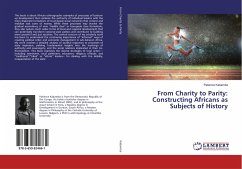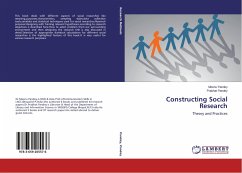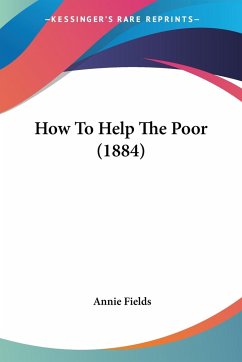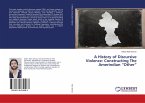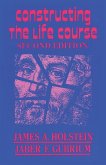This book is about African ethnographic examples of processes of bottom-up development that combine the authority of individual leaders with the more dispersed formations of trust-based social networks that control and mobilize vast sums of money. While these processes may involve the gradual ascendancy of new "middle class" or bourgeois class formations, they also sustain much wider forms of local and regional development that can potentially transform national-scale politics and contribute to building more peaceful and just societies. The central concern of my scholarly work has been to understand the continuing importance of "informal" ways of creating political order and economic management in sub-Saharan Africa. My work involves a detailed analysis of societal responses to processes of state implosion, yielding fundamental insights into the workings of authority and sovereignty, and the social relations implicated in their (re-)formulation. This book examines the diverse strategies of local actors --including merchants, local politicians, educators, religious officials, and "traditional"/"tribal" or "ethnic" leaders-- for dealing with the debility, incapacitation of the state.
Bitte wählen Sie Ihr Anliegen aus.
Rechnungen
Retourenschein anfordern
Bestellstatus
Storno

